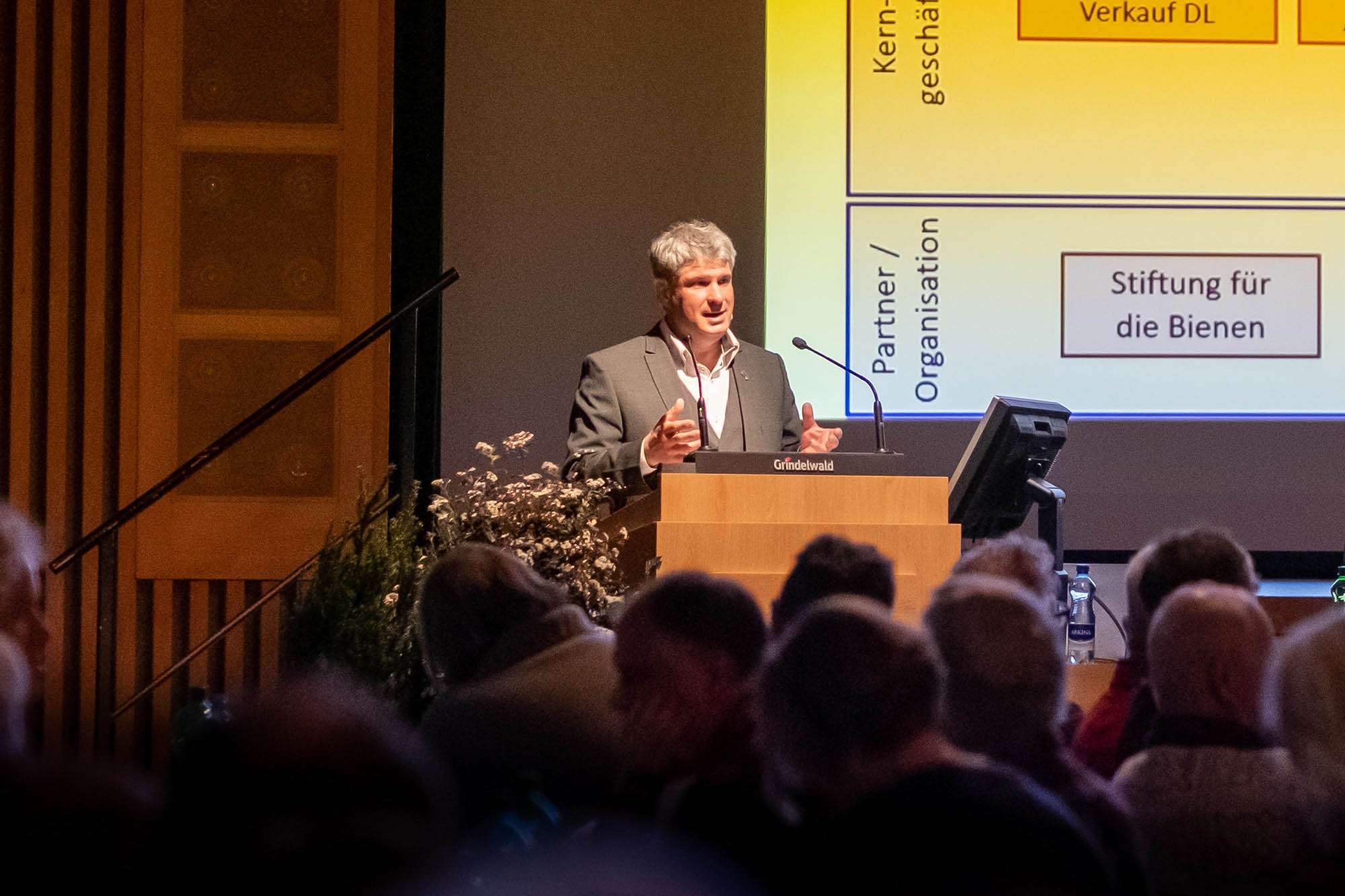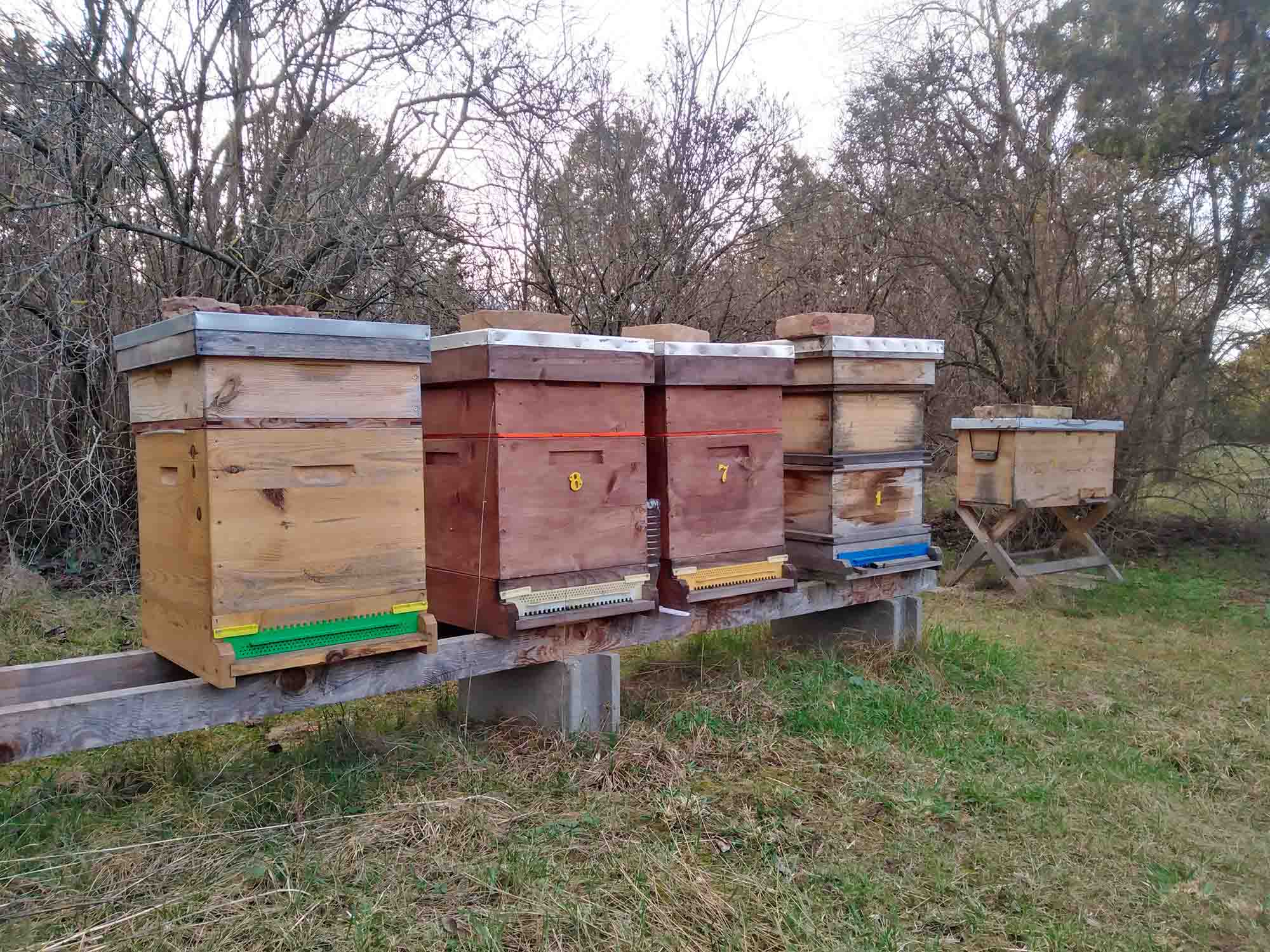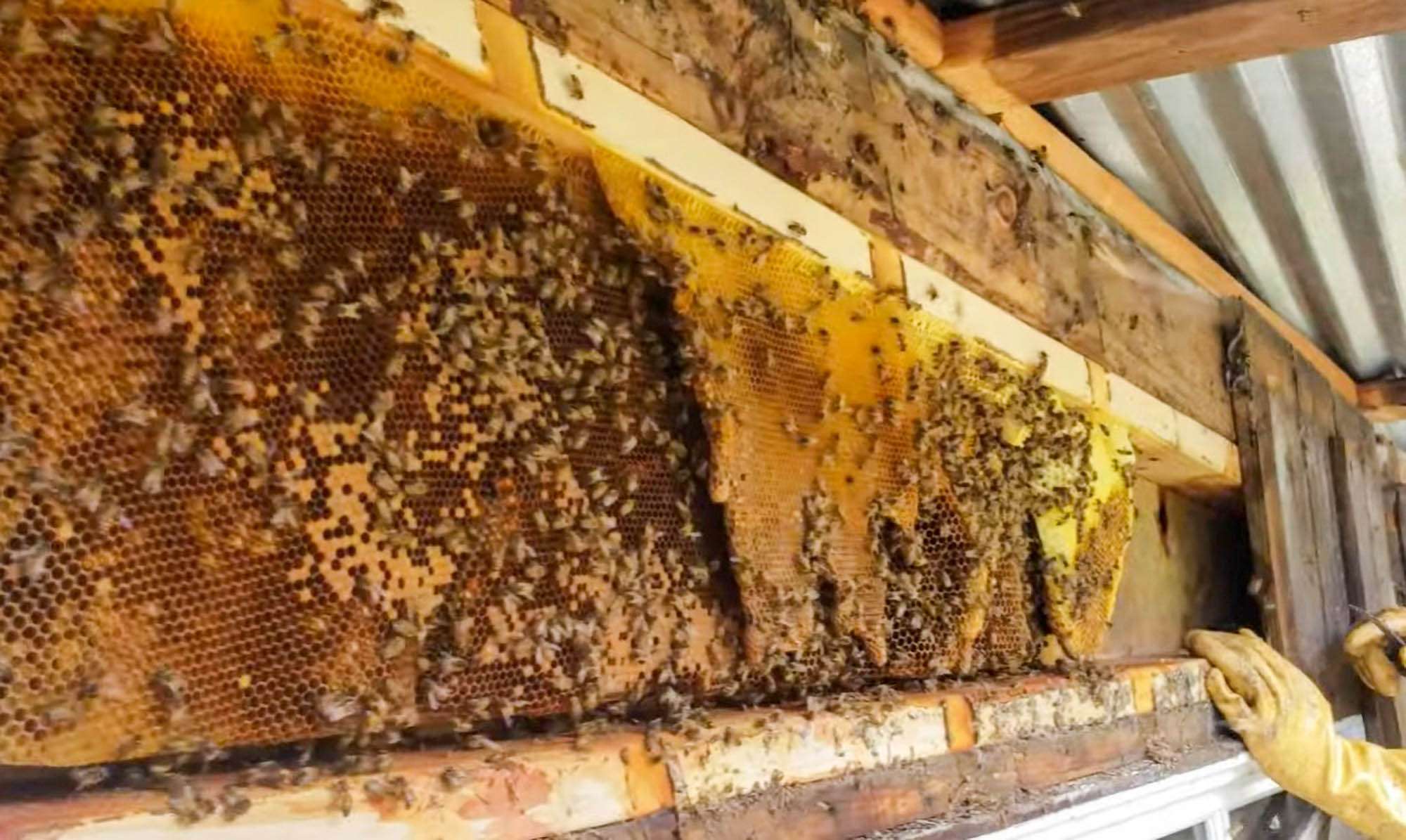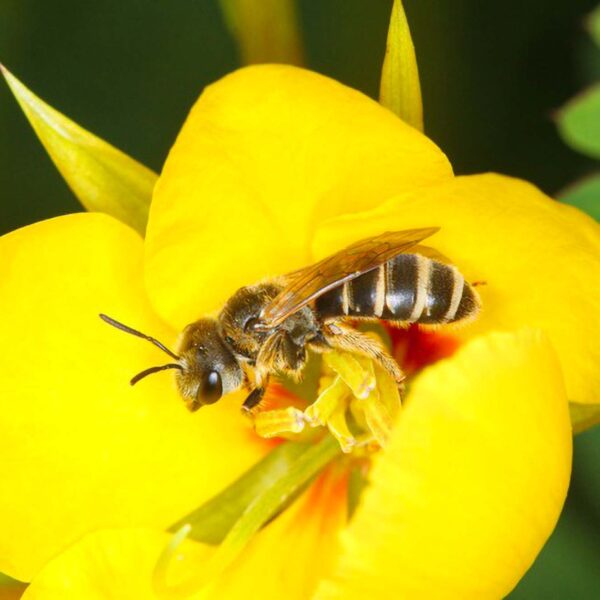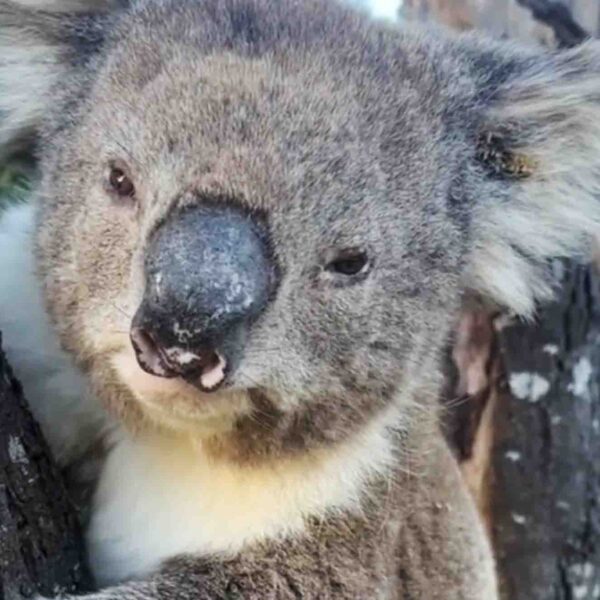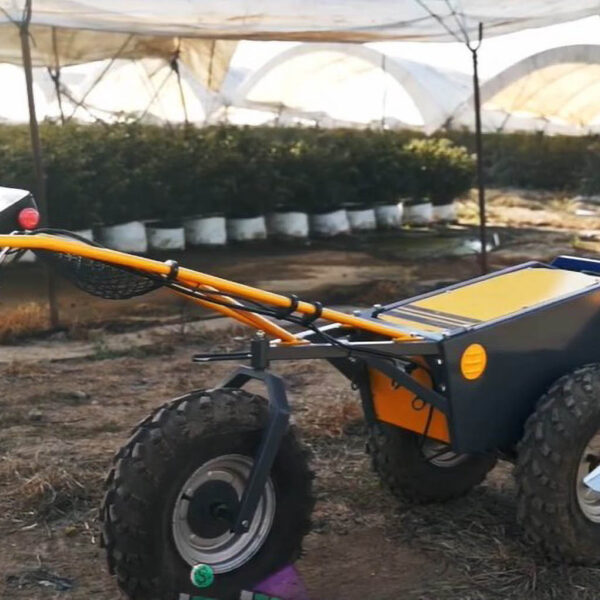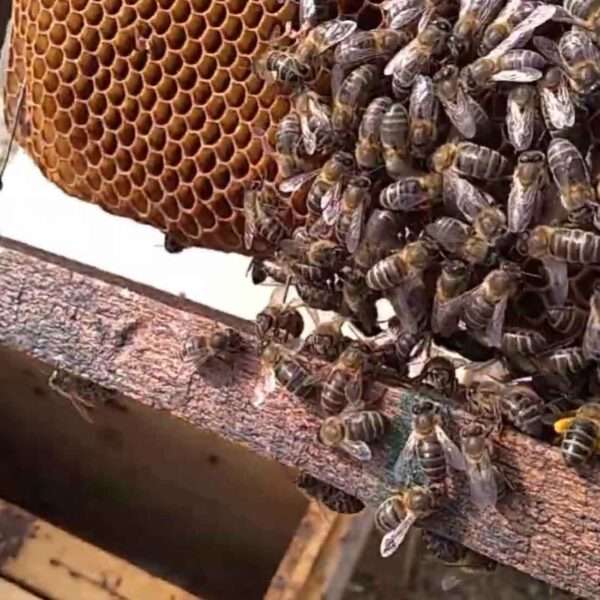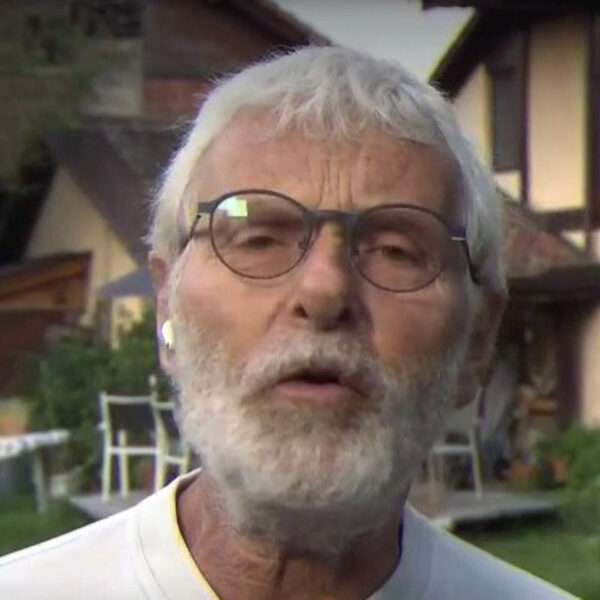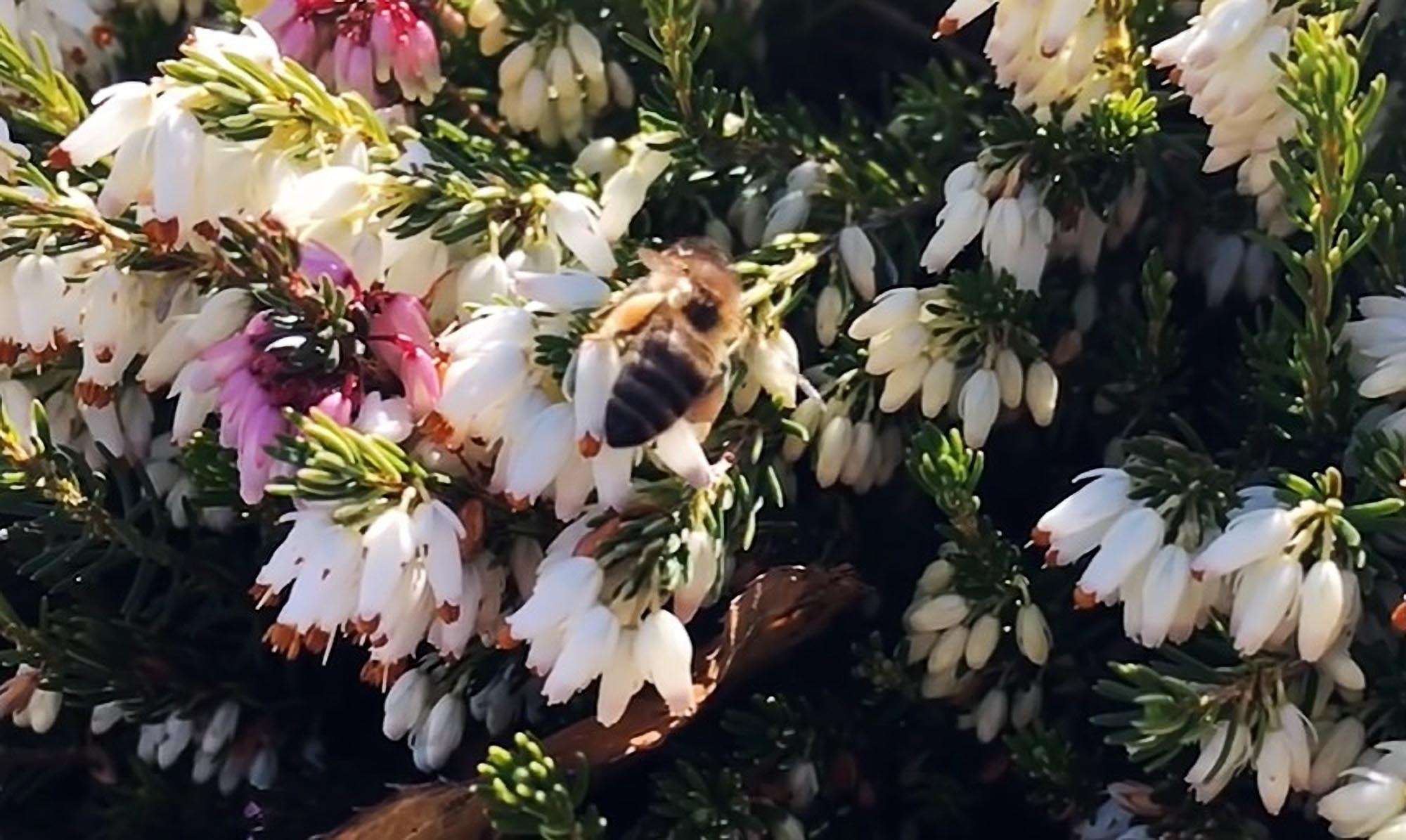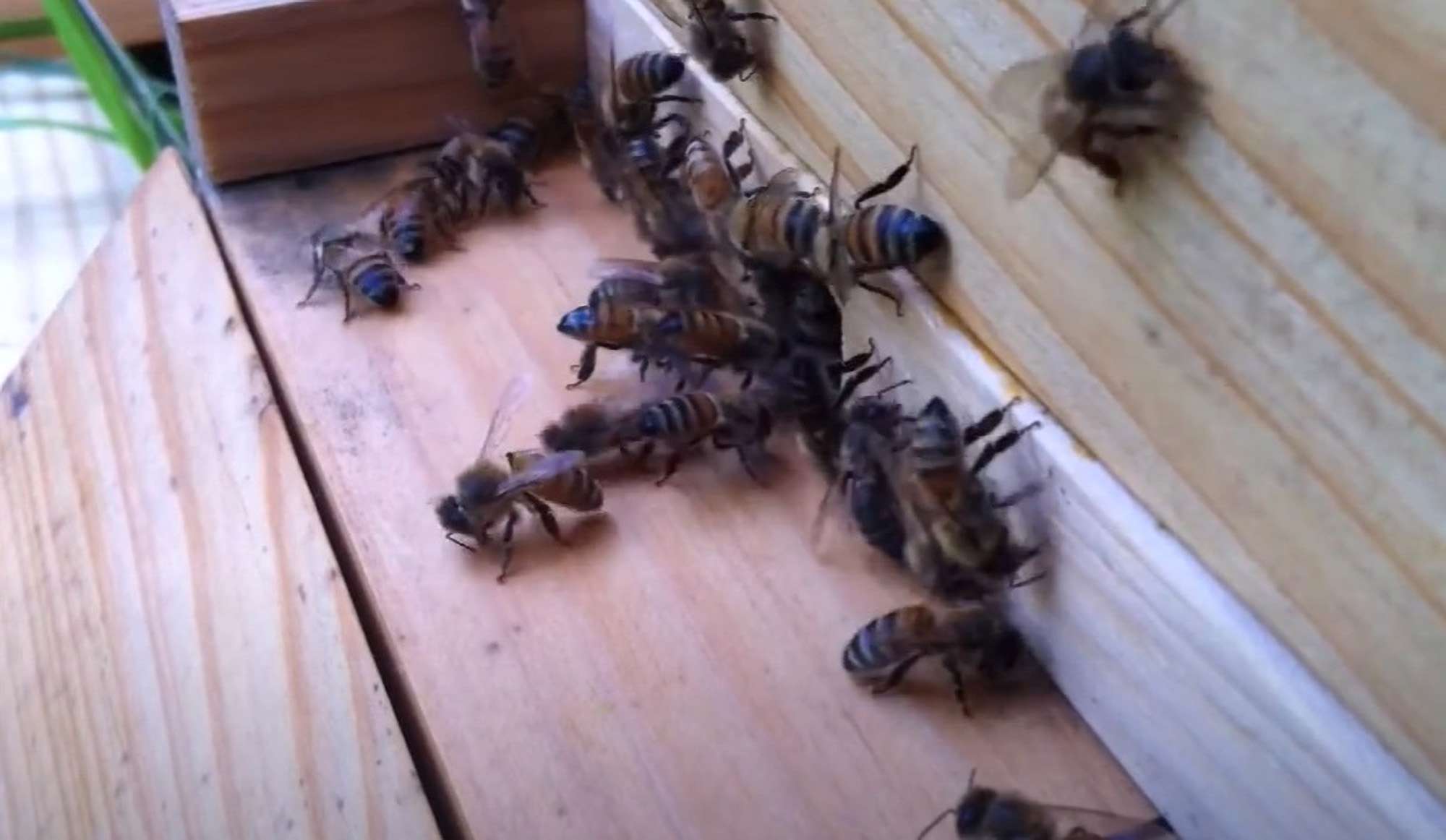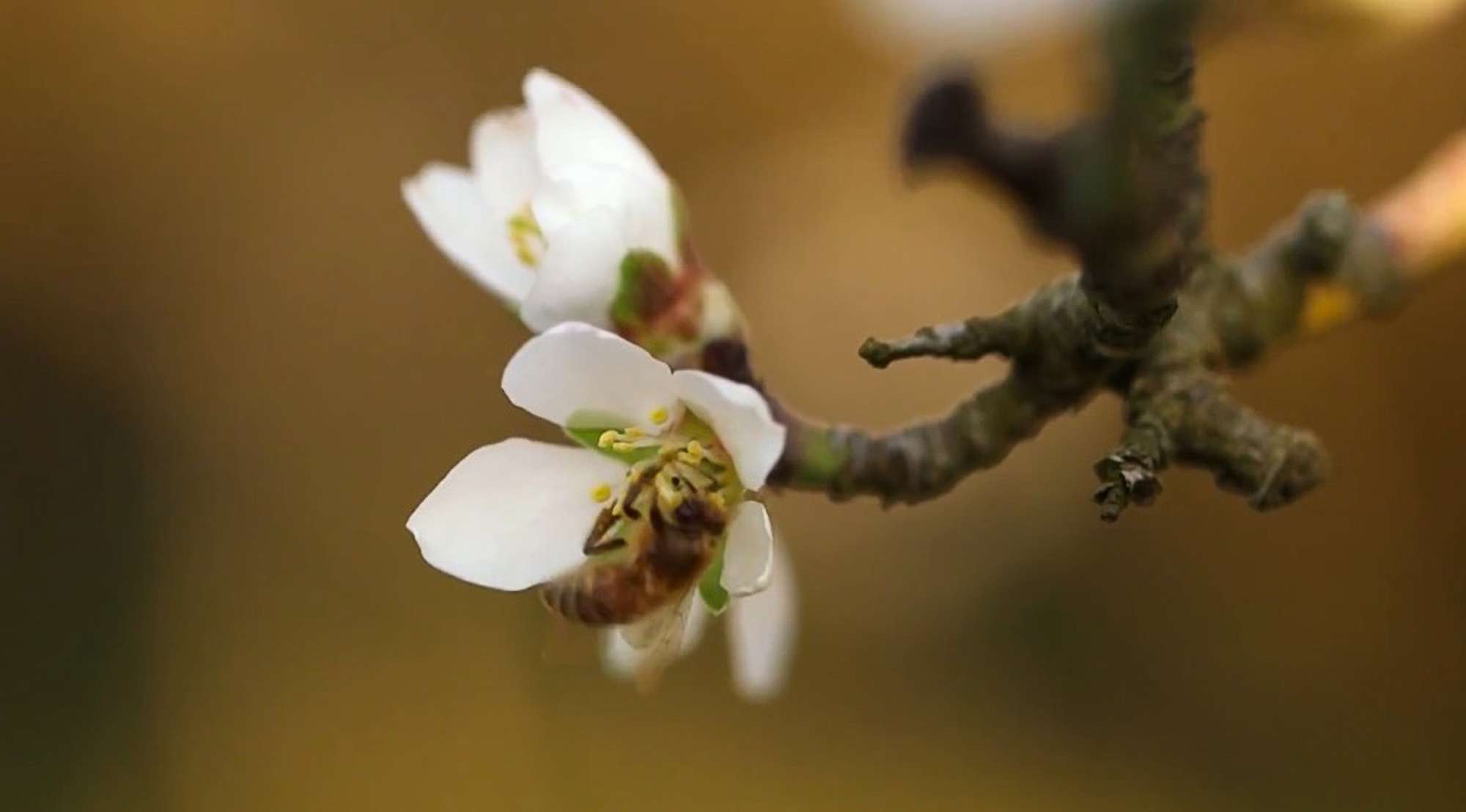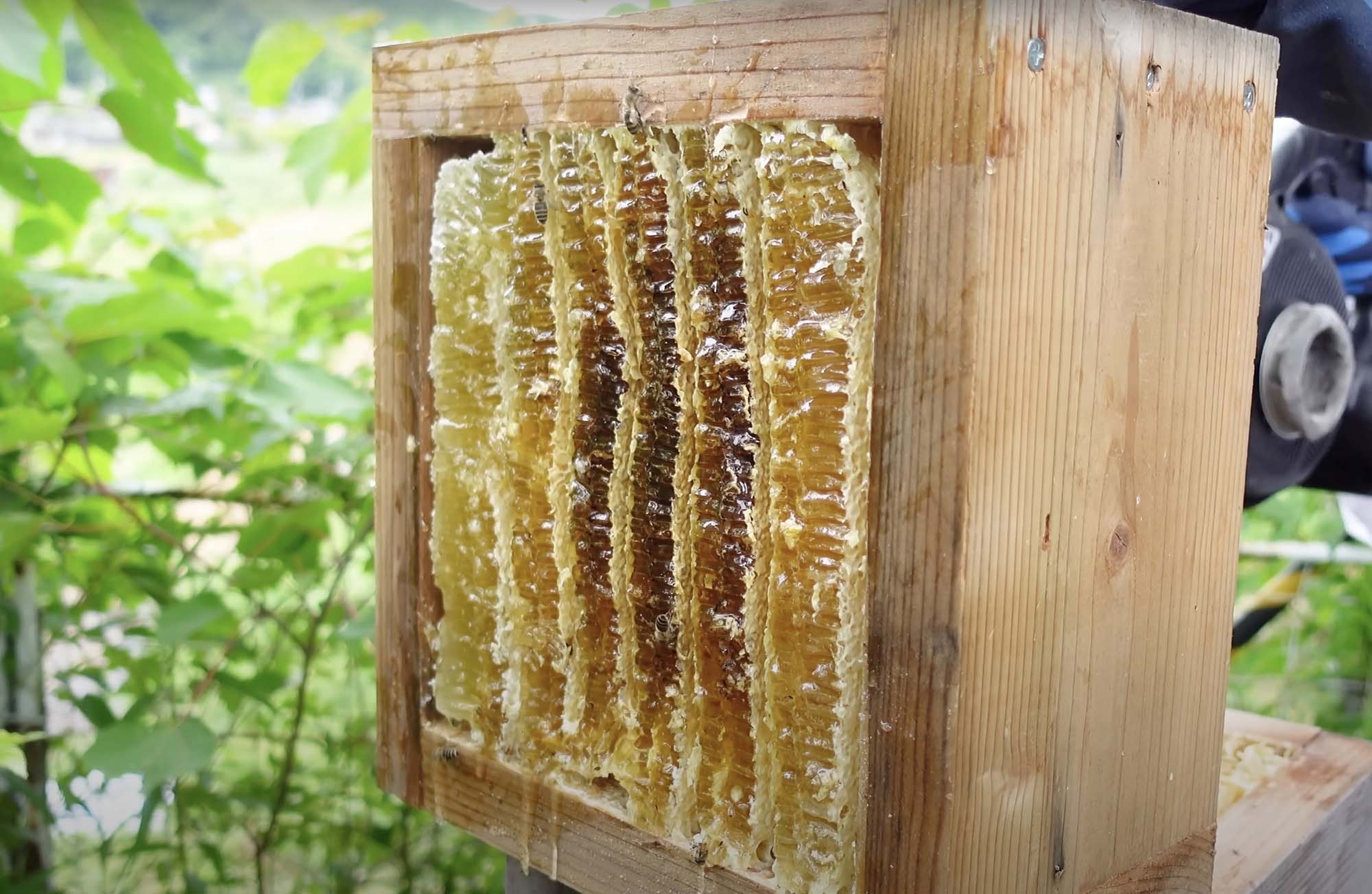A Swiss beekeeping expert has explained how unexpected temperature changes threaten the existence of pollinators.
Mathias Götti Limacher heads Bienen Schweiz, the association of beekeepers in the parts of the Central European country where German and Raeto-Romanic are the dominating languages.
Speaking to the Blick newspaper, Mathias said that especially solitary bees are at risk due to their status of depending on certain flowers.
The Bienen Schweiz chief explained: “The existence of some solitary bees is based on their symbiotic relationship with a single plant which they pollinate but also gain nutrition from.”
Entomologists estimate that between 550 and 700 different solitary bee species live in Central Europe.
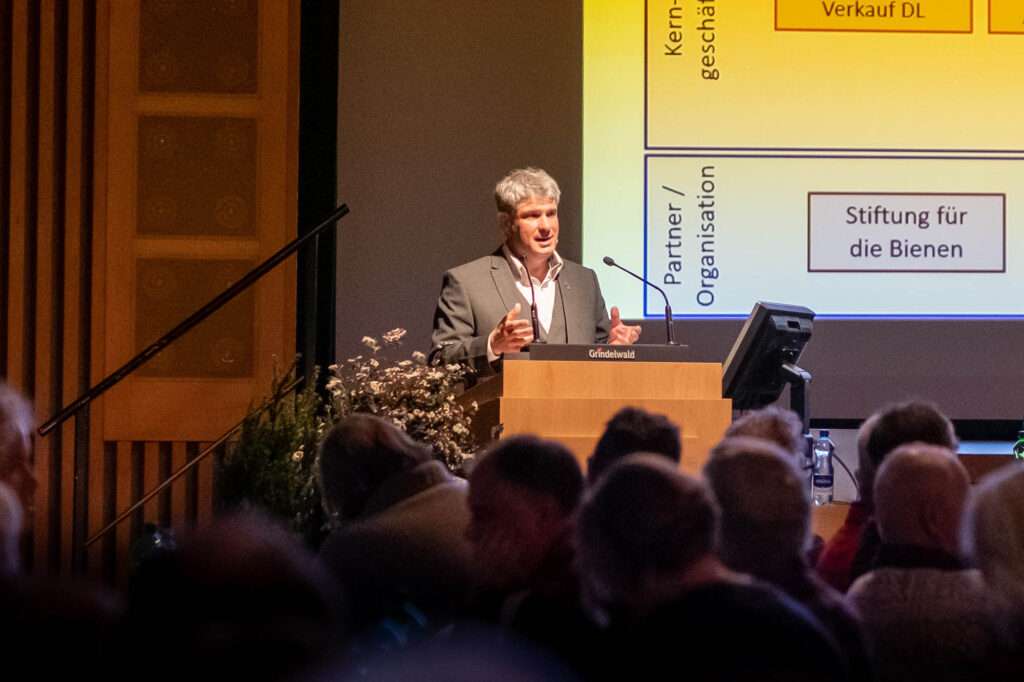
While some types are digging nests into the soil, others are setting them up in the hollow twigs of trees. Deadwood and unmowed grasslands are also offering ideal nesting opportunities.
According to Mathias, mild wintertime temperatures can be a bad thing as pollinators are tempted to leave their dwellings under such conditions. However, some blooming plants do not open their calyxes in January, he explained.
Two-digit temperatures following degrees of frost – as experienced in the country last winter – can eventually mean that the insects miss the right opportunity to pollinate. At the same time, their food stocks decrease dramatically.
Speaking to Watson, a Swiss news website, Mathias estimated that the country’s producers of honey are capable of covering a third of domestic demand.
He explained: “The rest mainly originates from South America.”
Mathias told the online newspaper Wil24 that “no one has to keep bees to do something for them.”
He encouraged farmers to “create as many flowering strips as possible.”
Referring to residents, the beekeeping association director said: “Find out whether the plants in your garden or on your balcony provide pollen for pollinators!”
There are 17,500 beekeepers among the Central European country’s 8.6 million inhabitants, according to the Agroscope research centre.

